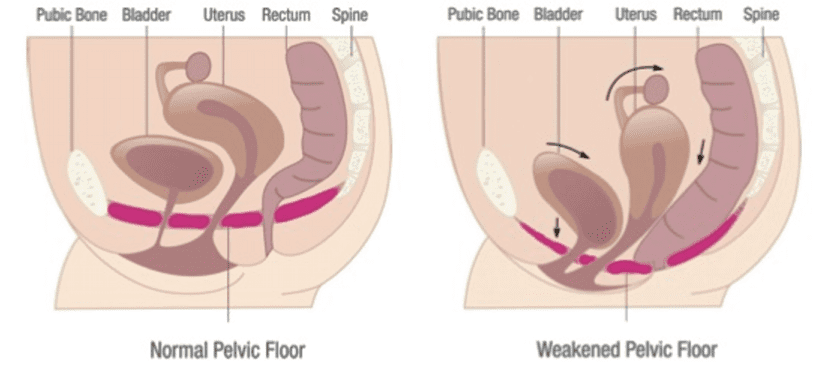Swollen Pelvic Floor During Pregnancy

Additional pressure is put on the varicose veins in.
Swollen pelvic floor during pregnancy. The increase in blood flow may cause swelling of the vagina. During some births doctors make an incision from the vagina through the perineum. Women who have given birth previously may have damage to their pelvic floor which could cause it to weaken further with a subsequent pregnancy. It s also more likely to occur in second and later pregnancies.
In some women the pubic symphysis widens so much that it becomes unstable. During pregnancy the expanding uterus puts a lot of pressure on the lower half of the body including the soft tissue that supports the pelvis. Pregnancy can weaken the pelvic floor. Over the course of your pregnancy your blood volume increases by about 50.
Treat and prevent constipation. As your baby grows and becomes heavier it puts increasing pressure on the muscles in your pelvic floor. Your pelvic area can feel full and heavy especially if you are standing a great deal. Two types of pregnancy related muscle pain include.
These exercises can strengthen your pelvic floor muscles especially important after you have a baby. By the time you reach full term which is from 37 weeks of pregnancy to 42 weeks of pregnancy your baby s average weight is between 5 5 6 6 pounds. Pelvic pressure in the pelvis and rectum area feels like crampiness similar to menstrual cramps and groin pain and it s often persistent with backache. During pregnancy blood flow around the pelvic region increases to support the growing fetus.
The joint normally widens about 2 to 3 millimeters during pregnancy to help your baby pass through your pelvis. The increased blood flow can cause your vagina and labia to become swollen and feel tender. Complications of an episiotomy. Drink plenty of fluids and eat high fiber foods such as fruits vegetables beans and whole grain cereals.



















